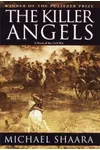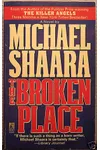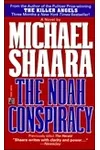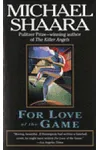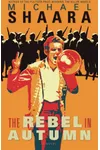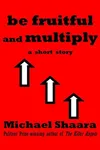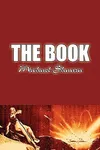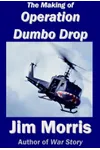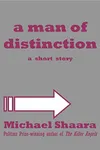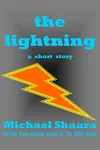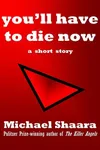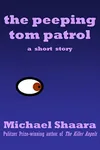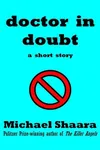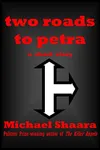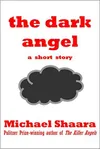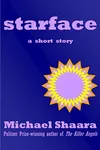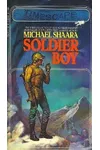Picture an American storyteller who turned the chaos of the Civil War into a gripping, human tale—meet Michael Shaara! Born to Italian immigrants, Shaara wove stories that blended history, heart, and imagination, with his Pulitzer Prize-winning novel, The Killer Angels, stealing the spotlight. Despite facing rejections, health struggles, and a life cut short, his work found fame after his passing, proving his stories were timeless.
Shaara’s journey wasn’t just about writing; it was about living vividly—boxing, policing, and teaching—before his pen brought history to life. Let’s dive into the world of this remarkable author whose words still echo on battlefields and beyond.
The Making of Michael Shaara
Born on June 23, 1928, in Jersey City, New Jersey, Michael Shaara grew up as the son of Italian immigrants, with the family name originally spelled Sciarra. A Rutgers University graduate (1951), he served as a sergeant in the 82nd Airborne Division before the Korean War. His early years were a whirlwind—amateur boxing, working as a police officer, and dipping his toes into writing pulp science fiction for magazines like Galaxy in the 1950s. These eclectic experiences shaped his gritty, grounded storytelling, giving his characters a pulse of authenticity.
A heart attack at age 36, fueled by stress and smoking, could’ve stopped him, but Shaara bounced back, teaching literature at Florida State University while crafting stories. His love for history, sparked by his great-grandfather’s Civil War letters and a 1964 family trip to Gettysburg, set the stage for his masterpiece.
Michael Shaara’s Unforgettable Stories
Shaara’s writing danced between genres—science fiction, sports, and historical fiction—but his historical novel The Killer Angels (1974) remains his crown jewel. This vivid retelling of the Battle of Gettysburg, seen through the eyes of real figures like Robert E. Lee and Joshua Chamberlain, blends meticulous research with emotional depth. Despite 15 rejections and modest sales during the Vietnam War era, it clinched the 1975 Pulitzer Prize for Fiction, praised for its nuanced take on a divisive conflict.
His earlier work, The Broken Place (1968), explored a Korean War veteran’s struggles, showing Shaara’s knack for raw, human stories. The Herald (1981), a dark sci-fi tale, harked back to his pulp roots, while For Love of the Game (published posthumously in 1991) became a beloved baseball novel, later a Kevin Costner film. Shaara’s style—crisp, character-driven, and immersive—made readers feel the sweat, fear, and hope of his worlds, whether on a battlefield or a diamond.
Shaara’s innovation lay in giving historical figures inner lives, balancing fact and fiction. His Gettysburg research, including sending his son Jeff to scour the battlefield, ensured authenticity, while his prose captured the stakes of war: love, loss, and dreams clashing on Pennsylvania fields.
Why Michael Shaara Matters
Shaara’s legacy blossomed after his death in 1988 from a second heart attack. The 1993 film Gettysburg, based on The Killer Angels, catapulted the novel to bestseller status, selling over three million copies. It’s now required reading at military academies like West Point, lauded for its psychological depth and fairness to both Union and Confederate perspectives. Shaara’s ability to humanize history without glorifying war resonates, influencing writers and filmmakers, including Joss Whedon, who drew on the novel for his Firefly series.
His son Jeff carried the torch, writing Civil War sequels and establishing the Michael Shaara Award for Excellence in Civil War Fiction. Shaara’s work endures as a bridge between past and present, reminding us that history isn’t just facts—it’s people, choices, and sacrifices.
- Born: June 23, 1928, Jersey City, NJ
- Key Works: The Killer Angels, For Love of the Game, The Herald
- Awards: Pulitzer Prize for Fiction (1975)
- Died: May 5, 1988
Ready to step into Shaara’s world? Grab The Killer Angels and feel the pulse of history come alive!
